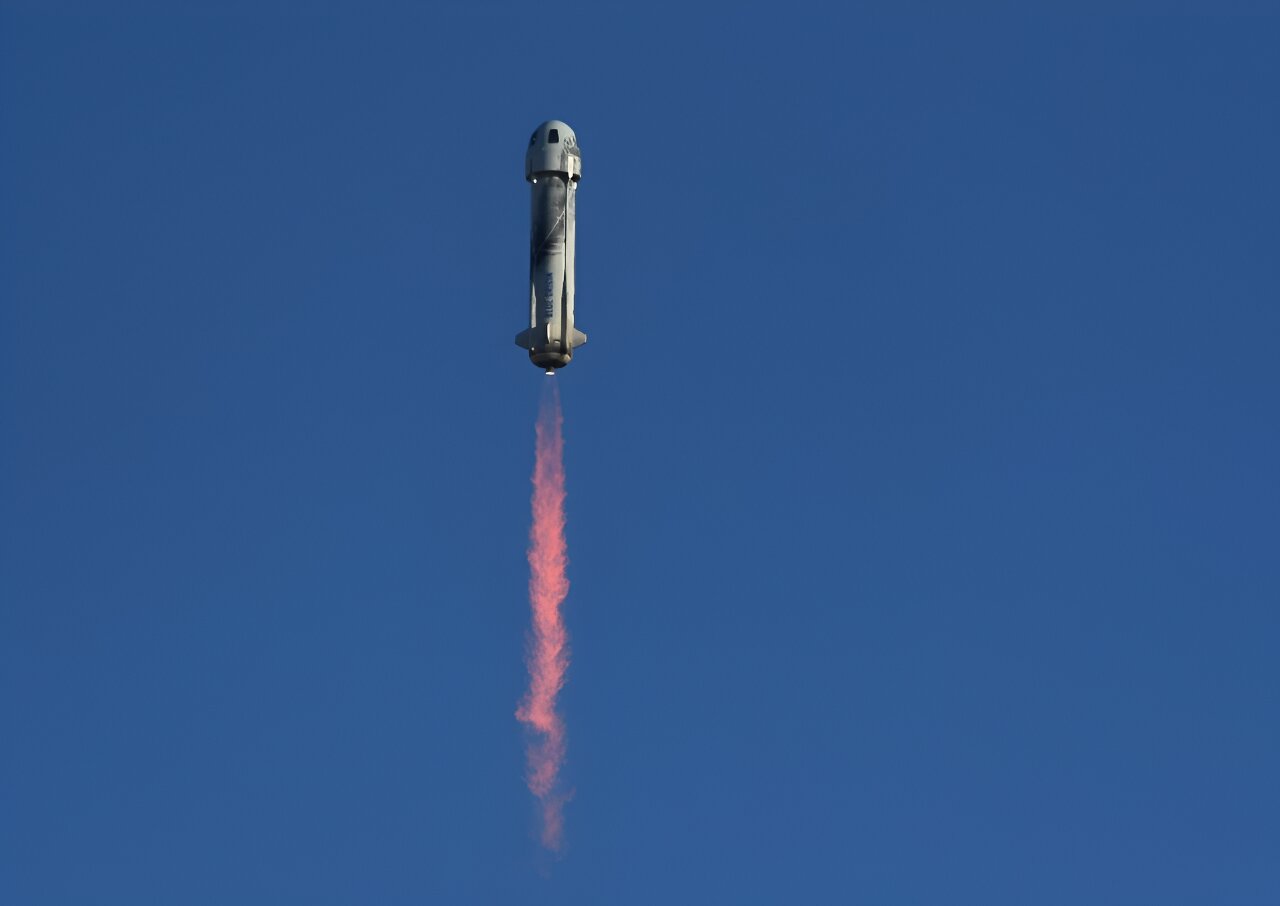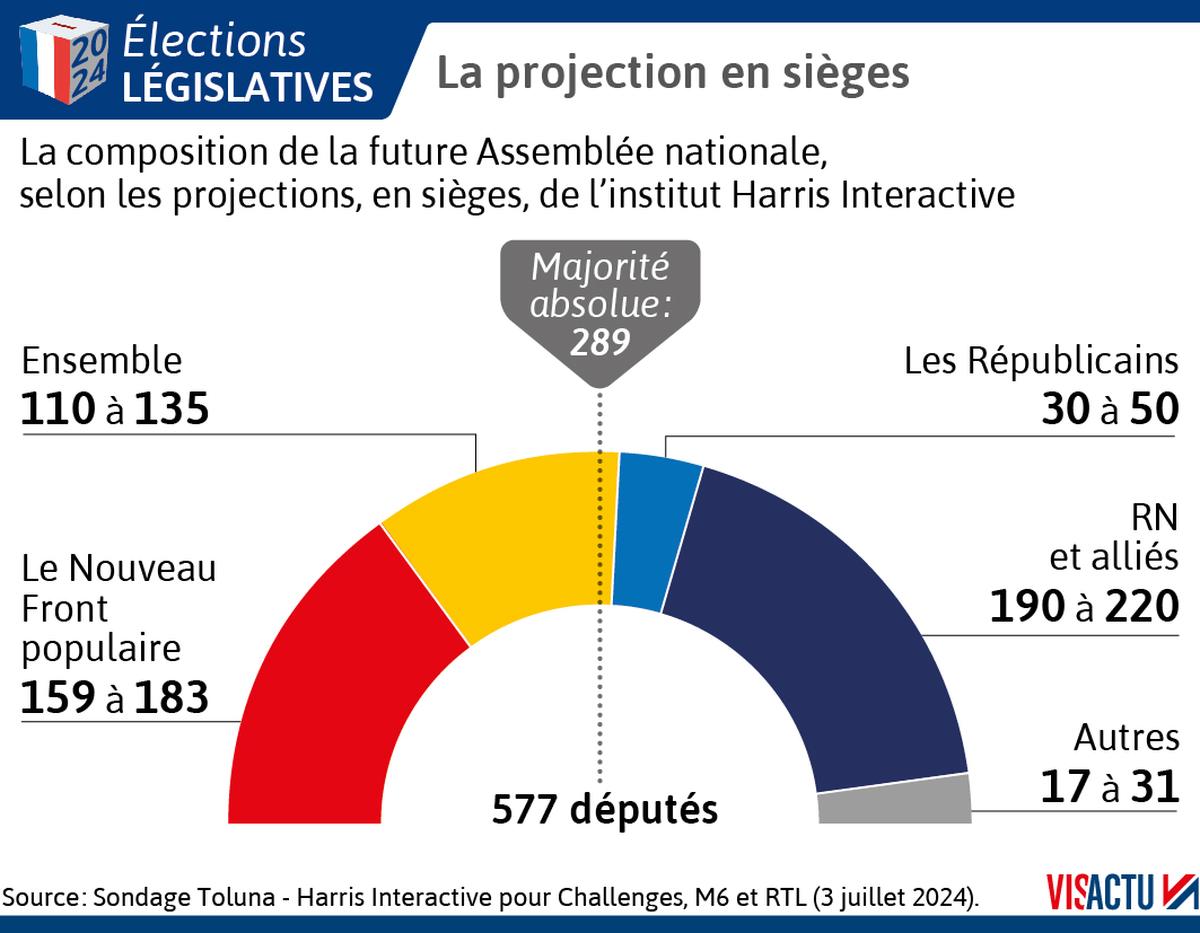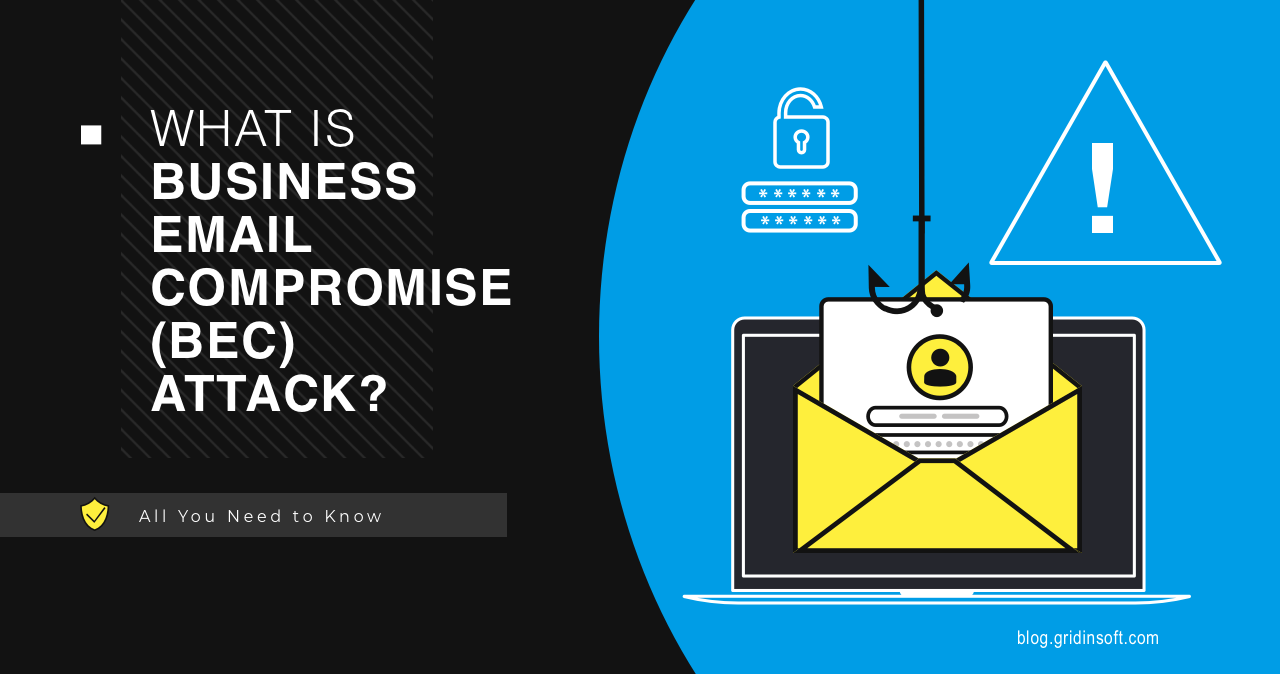Swiss Government Strengthens Sanctions On Russian Media, Following EU Lead

Table of Contents
Details of the Newly Implemented Sanctions
The Swiss government's latest measures against Russian media represent a significant escalation of its response to the war in Ukraine. These sanctions go beyond previous restrictions and aim to curb the spread of what the government considers to be disinformation and propaganda. The specific measures implemented include:
-
Specific Media Outlets Affected: While the Swiss government hasn't released an exhaustive public list, reports indicate sanctions target outlets like RT (Russia Today) and Sputnik, known for their close ties to the Kremlin. Further, the sanctions extend to online platforms and websites associated with these channels.
-
Types of Sanctions Imposed: The sanctions encompass a range of measures, including:
- Broadcasting Bans: Prohibiting the broadcast of sanctioned Russian media outlets on Swiss television and radio.
- Website Blocks: Restricting access to websites and online platforms associated with the targeted media organizations. This includes blocking access through internet service providers.
- Asset Freezes: Freezing assets held in Switzerland belonging to individuals and entities linked to these media outlets.
-
Legal Basis for Actions: These sanctions are justified under existing Swiss legislation concerning sanctions and counter-terrorism, which allows the government to act in response to threats to national security. The exact legal articles invoked are publicly available in the Swiss Federal Gazette.
-
Exemptions and Exceptions: While details remain limited, it's possible that some narrow exemptions might exist for academic or journalistic research purposes. However, these would likely be subject to strict oversight and require explicit permission.
Alignment with EU Sanctions and International Pressure
The Swiss sanctions on Russian media are largely aligned with the broader sanctions regime imposed by the European Union. Switzerland, while not a member of the EU, maintains close ties with the bloc and often aligns its foreign policy and sanctions measures to reflect EU actions.
-
EU Sanctions on Russian Media: The EU has imposed similar, if not more extensive, sanctions targeting Russian media outlets, including broadcasting bans, website blocks and asset freezes.
-
Switzerland's Relationship with the EU: Switzerland's relationship with the EU is characterized by a complex web of bilateral agreements. While Switzerland isn't subject to direct EU directives, it often chooses to mirror EU policies on matters of international security and sanctions.
-
International Pressure on Switzerland: Switzerland has faced considerable international pressure, particularly from its European neighbors, to adopt stricter measures against Russian propaganda and disinformation. This pressure has intensified since the start of the Ukrainian conflict.
-
Statements from Swiss Officials: Swiss officials have publicly justified the increased sanctions as necessary steps to safeguard Switzerland's national security and protect against the spread of disinformation related to the war in Ukraine.
Impact and Implications of the Sanctions on Swiss Media Landscape
The Swiss sanctions on Russian media are expected to have several implications for the Swiss media landscape:
-
Impact on Swiss Consumers of News: Swiss consumers might experience a reduction in the availability of Russian news sources. This could limit their access to a particular perspective, but might also reduce exposure to potential disinformation.
-
Increased Reliance on Alternative News Sources: The sanctions may lead to increased reliance on alternative news sources, some of which may be less reliable or prone to bias. This underscores the importance of media literacy and critical consumption of news.
-
Potential Legal Challenges to the Sanctions: There is potential for legal challenges to the sanctions from individuals or organizations affected. Challenges could be based on arguments concerning freedom of speech and proportional measures.
-
Public Backlash or Support: Public opinion on the sanctions is likely divided. Some might support the measures as crucial for national security, while others may raise concerns about freedom of information and censorship.
Freedom of Speech Concerns and Counterarguments
The imposition of sanctions on Russian media raises complex questions regarding freedom of speech.
-
Arguments For and Against: Proponents of the sanctions argue that they are necessary to counter the spread of disinformation and protect national security. Opponents, however, express concerns about censorship and the potential for limiting access to diverse perspectives.
-
Potential Legal Challenges Based on Freedom of Speech: Legal challenges are likely to cite Switzerland's constitutional guarantees of freedom of expression. The courts will need to carefully balance these guarantees with national security concerns.
-
Relevant Case Law or Legal Opinions: Precedents from other countries dealing with similar issues in relation to sanctions on media outlets will play a significant role in any legal challenges.
Conclusion
The Swiss government's decision to strengthen sanctions against Russian media represents a significant development in Switzerland's response to the ongoing geopolitical situation. The move aligns with international efforts to counter disinformation and underscores the complexities of balancing national security concerns with principles of freedom of information. The long-term impact on the Swiss media landscape and public access to information remains to be seen.
Call to Action: Stay informed about developments regarding Swiss sanctions on Russian media and their impact on the global media landscape. Further research into the implications of these actions on freedom of speech and information access is crucial for understanding the complexities of this evolving situation. Understanding the nuances of these Swiss sanctions on Russian media is vital in the current global climate.

Featured Posts
-
 Solutions 30 Hausse Boursiere Objectifs Et Analyse
Apr 23, 2025
Solutions 30 Hausse Boursiere Objectifs Et Analyse
Apr 23, 2025 -
 The Blue Origin Project A Critical Assessment Of Bezos Space Ambitions And Their Shortcomings
Apr 23, 2025
The Blue Origin Project A Critical Assessment Of Bezos Space Ambitions And Their Shortcomings
Apr 23, 2025 -
 Allemagne Legislatives 2024 Derniers Jours Avant Le Scrutin
Apr 23, 2025
Allemagne Legislatives 2024 Derniers Jours Avant Le Scrutin
Apr 23, 2025 -
 Executive Email Compromise Millions Lost Due To Office365 Vulnerability
Apr 23, 2025
Executive Email Compromise Millions Lost Due To Office365 Vulnerability
Apr 23, 2025 -
 Yelich Homers First Time Since Back Surgery Recovery
Apr 23, 2025
Yelich Homers First Time Since Back Surgery Recovery
Apr 23, 2025
